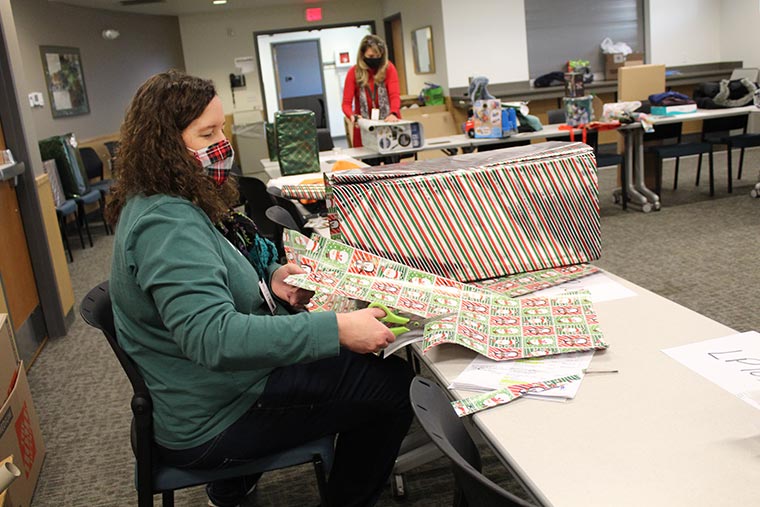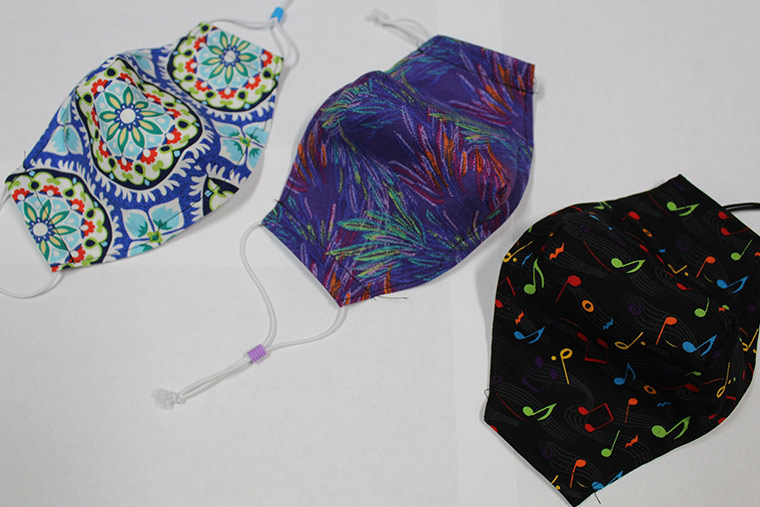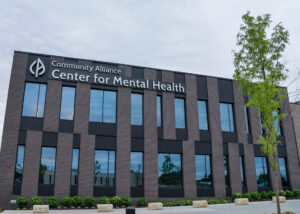Combatting Isolation in a Time of Coronavirus

At a time when we’re all being cautioned to stay at home to save lives, it’s no surprise that so many people are struggling with loneliness. But even before coronavirus began to spread worldwide, millions of people were struggling with social isolation. Mental health experts were already concerned about an epidemic of loneliness and isolation in the United States. Human connections are vital for our mental and emotional wellbeing. The fact is, most of us will experience loneliness in our lifetime, but the impact of a pandemic has only escalated the problem. And mental health conditions can already be isolating by nature. This is a real concern because chronic loneliness, clinical depression and anxiety, fear and sadness are associated with a range of serious health issues. Research indicates that isolation has a negative effect on physical and mental health, and it can even reduce our longevity.
Evidence links social isolation with harmful health consequences including:
- Depression
- Compromised immunity
- Poor sleep quality
- Executive dysfunction
- Cognitive decline
- Poor cardiovascular function
Addressing the Impact on those Most at Risk
Nearly one in four Americans face a mental health challenge in any given year even without a pandemic. Those with chronic mental and physical health issues are disproportionately affected. Concerns about the welfare of family and loved ones can become overwhelming. Add this to the constant stream of doom and despair from media coverage, and worry over job security and financial instability are enough to find many experiencing anxiety and depression. It’s an issue that Community Alliance takes seriously. In addition to continuing counseling, therapy and psychiatric services, staff and volunteers have taken it upon themselves to establish important outreach.
“These are very difficult times for everyone, but especially for those we serve. Some of our peer support staff have developed special curriculums that they’re using right now – with a focus on the importance of staying connected and making sure everyone is keeping a healthy mindset,” Aileen Brady, Community Alliance COO, explained. “Our peer support staff have a very positive and forward-looking relationship with clients. That’s part of the reason so many have been so enthusiastic about what peers are offering and are participating in these new opportunities.”
“That’s one example of how we are trying to reach out and stay connected,” Brady continued. “In addition, we are fortunate to have volunteers making beautiful jewelry and all sorts of colorful and fun masks for people served by Community Alliance. Random acts of kindness are so important right now,” Brady pointed out. “Board members and staff have also adopted families to support during the holidays. These things make a big difference for all of us, not just those on the receiving end.”

“We also put together self-care kits for clients who are alone in their apartments. These kits include some engaging activities – puzzles, word searches, adult coloring. These are activities that can help keep their minds active and engaged instead of thinking about COVID, 24/7,” Brady said. “It provides an alternative to having the television on all day.”

Self-Care and Accountability is More Important than Ever
Setting goals and having regular check-ins with yourself, friends and family will help you commit to routine self-care and realign your thinking in order to keep a positive outlook. Community Alliance urges you to create your own wellness plan to support positive mental health.
- Establish healthy habits and routines that support positivity.
- Pay attention to your level of stress and anxiety.
- Avoid triggers.
- Make sure you’re getting enough sleep.
- Always keep enough medication on hand.
- Stay connected. Reach out to family and friends by phone and virtual hangouts.
- Enlist the support of an accountability partner and check in regularly.
- Continue with any and all mental health services in which you are involved. Ask whether you can schedule telehealth appointments if getting out is difficult for you.

It’s Important to Be Kind to Yourself
While it’s good to be kind to others, it’s equally important to be kind and forgiving to ourselves. “We have to give ourselves some grace,” Brady asserted. “We have to focus on what we can do, not what we can’t do. We’re all exhausted, but we have to hang in there. We have to stick together and support each other.”
However you’re feeling, you are not alone. If you are struggling with anxiety, depression, loneliness or hopelessness, Community Alliance can help. We offer a full range of treatment, rehabilitation and support services including psychiatric care, counseling, rehabilitation, recovery services, primary care and more.



